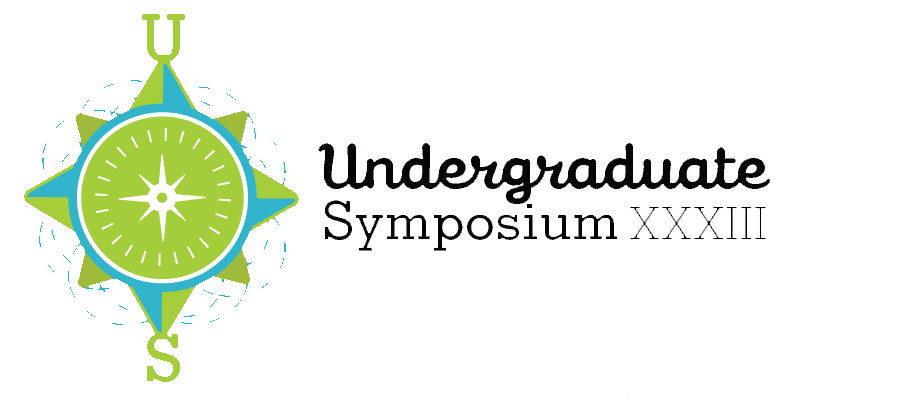Just like anyone else, I’m a fan of well-written television shows with fun and relatable characters. In a way, I think anyone who is interested in a show finds something they can relate to whether it’s through personal experiences, friends and family, or even gender. For instance, one of my new favorite shows is Scandal which follows the life of Olivia Pope, an African-American woman in charge of her own crisis management firm in D.C. I love this character because as an aspiring PR professional, I can see myself in her character. However, can everyone see themselves represented on prime-time television?

Scandal Cast (Photo courtesy of zap2it.com)
It’s important that as the U.S. becomes more diverse, a mass media format such as television reflect that same change. For my research, I will be studying underrepresented groups or subordinate groups, in prime-time television. While there has been an increase in female lead characters as well as African-American characters, there are still groups whose representation may be lacking in prime-time. The groups I will examine include Hispanic Americans, Asian Americans, Native Americans, people with disabilities, the LGBT community and people considered overweight.
Once I’ve completed an analysis of all prime-time television shows and characters on the major broadcast networks (ABC, CBS, NBC, Fox, the CW), I will use scholar Cedric Clark’s four stages of representation to analyze each character. The stages of representation include non-recognition, ridicule, regulation and respect (Fitzgerald, 2010).
According to researchers Gerbner and Gross (1976),
representation in the fictional world [of mass media] signifies social existence
meaning absence denotes non-existence. So according to the most watched time block of television, what groups are ‘seen’ by society and what groups remain ‘unseen’? That’s what I would like to know.
Notes
Fitzgerald, M. R. (2010). Evolutionary Stages of Minorities in the Mass Media: An Application of Clark’s Model to American Indian Television Representations. Howard Journal Communications, 367-384.
Gerbner, G., & Gross, L. (1976). Living With Television: The Violence Profile. Journal of Communications, 172-194.


